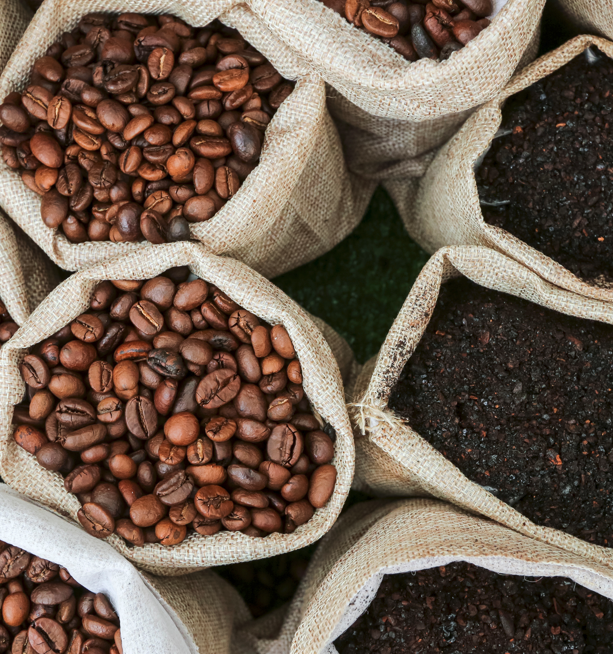The Power of Fairtrade Coffee
Fairtrade coffee stands as a beacon of hope, ensuring that the farmers who grow this beloved crop receive fair compensation, better working conditions, and a voice in their industry.


What is Fairtrade Coffee?
Fairtrade coffee is coffee that has been certified by Fairtrade International or other recognized Fairtrade organizations. The Fairtrade certification system is designed to create better trading conditions for farmers and workers in developing countries. The core principles of Fairtrade include fair wages, safe working conditions, environmental sustainability, and a commitment to social and economic development.
How Fairtrade Coffee Helps Farmers
Fair Prices & Minimum Wages
One of the most significant benefits of Fairtrade coffee is the guaranteed minimum price. Farmers who sell their coffee through Fairtrade channels receive a price that covers the cost of sustainable production and provides a stable income. This minimum price acts as a safety net, protecting farmers from volatile market prices that can leave them in financial distress.
Improved Working Conditions
Fairtrade standards enforce rigorous health and safety regulations to ensure that coffee farmers work in safe and healthy environments. This includes proper protective gear, safe machinery, and clean water. By adhering to these standards, Fairtrade ensures that workers are not exposed to hazardous conditions and that their rights are respected.
Empowerment & Community Development
Fairtrade coffee cooperatives give farmers a collective voice. These cooperatives often run democratic processes where members can vote on decisions and have a say in how the Fairtrade Premium is used. This empowerment helps farmers build stronger communities and invest in projects that address their specific needs.
Environmental Sustainability
Fairtrade certification also involves environmental stewardship. Farmers are encouraged to adopt sustainable farming practices that protect natural resources, promote biodiversity, and reduce the impact of farming on the environment. These practices not only help to combat climate change but also ensure that the land remains fertile and productive for future generations.
